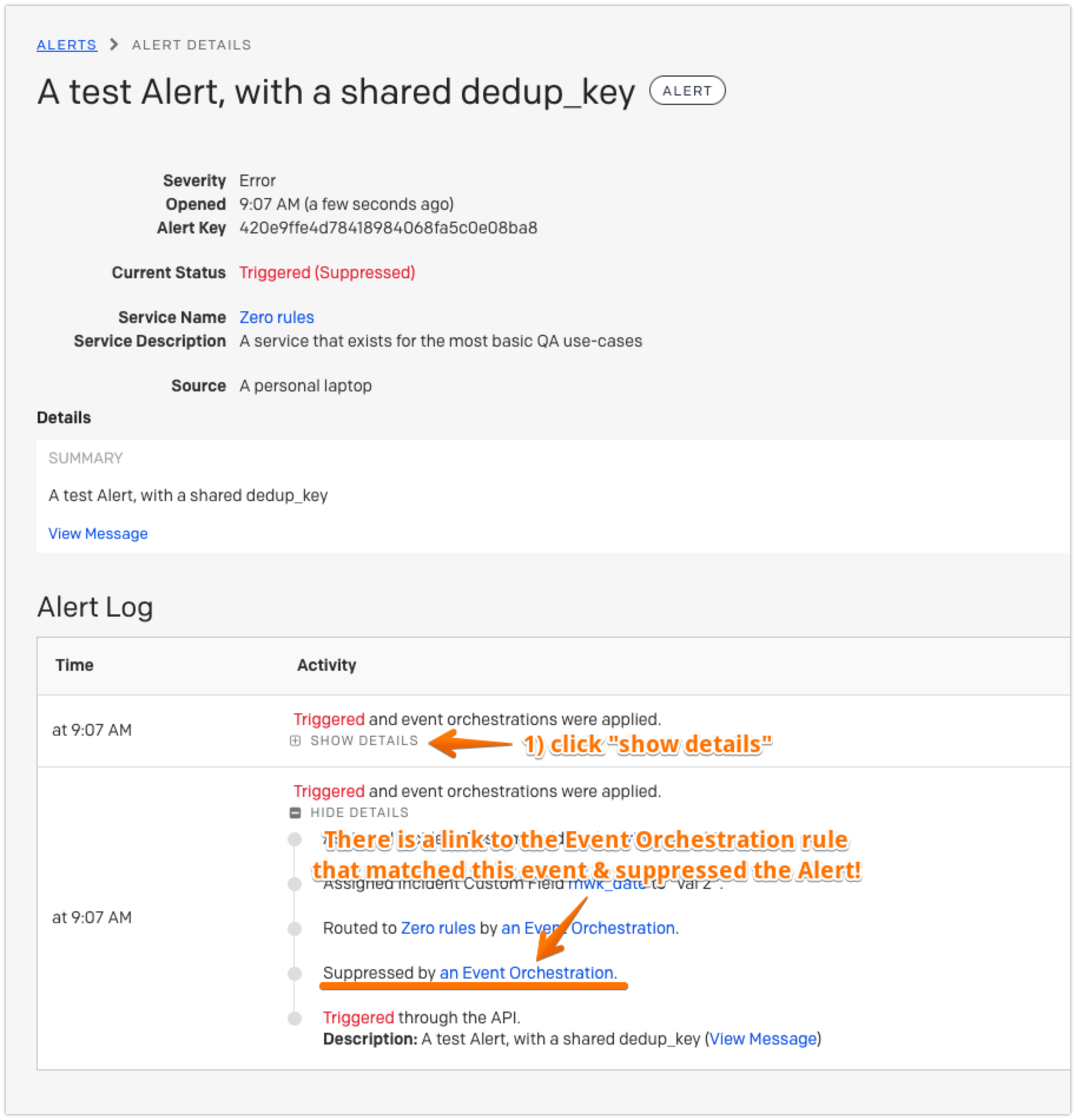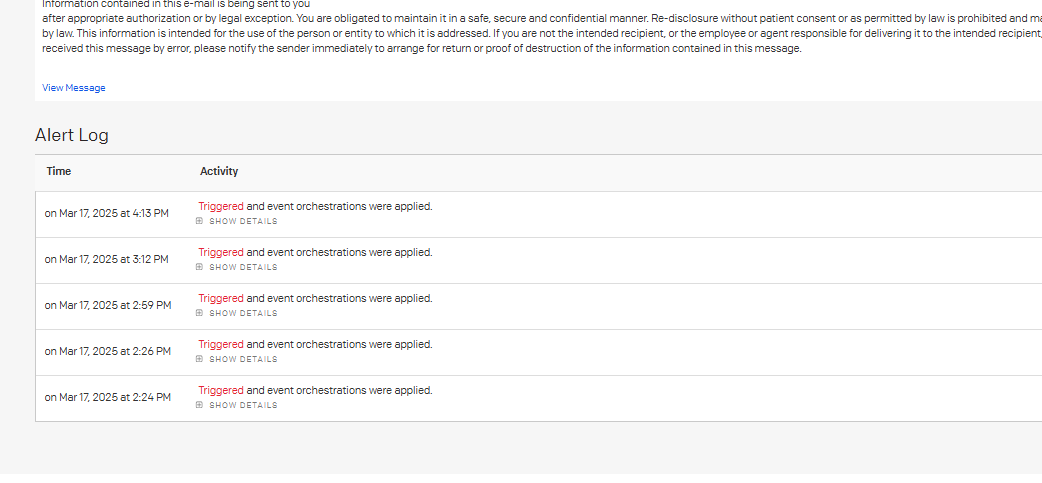I'm having trouble with alert suppression in PagerDuty and need some help.
I created an incident with a very general dedup_key, and now all similar alerts being sent to that event orchestration are being suppressed and aggregated with this resolved incident. I've updated the event orchestration to use more specific dedup_keys for future alerts, but the resolved incident still has the old dedup_key and is supressing new alerts. Alert grouping is disabled as I only want the event orchestration to use the dedup_key and nothing else.
How can I ensure new alerts create new incidents and aren't suppressed by the old dedup_key? The incident is resolved. It doesn’t look like I can delete the incident. Do I need to create a new event orchestration?


